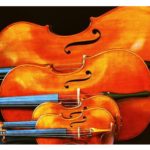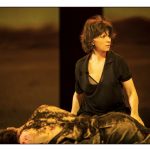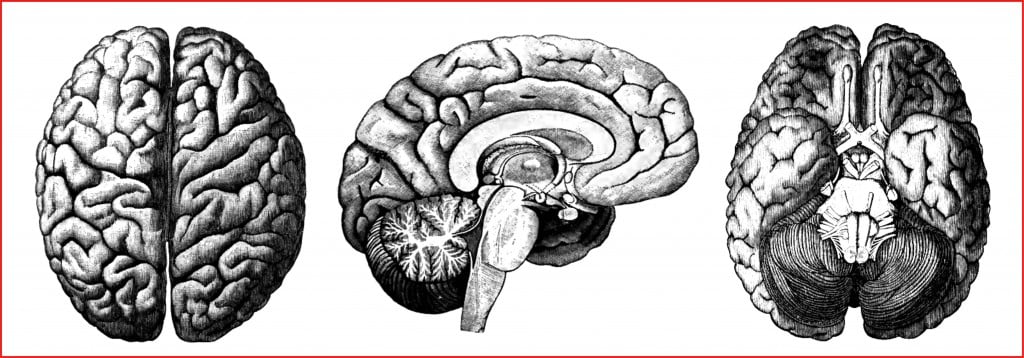Dale Chihuly, the American sculptor in glass, has long been interested in the native arts of the Pacific Northwest. Early in his career he became fascinated by their basketry (Lobb & Wolfe, 1990; Porter, 1990). Native Americans were adept at making basketware in all shapes and sizes for cooking, carrying, storing, clothing, drinking, protecting and preserving. Each basket has a form that derives from its function, and an ornamentation that transcends its ordinary usage. In his book on Indian Basketry, James (1901, pp 121-2) quotes from William Holmes:
[W]hile their shape still accords with their functional office, they exhibit attributes of form generally recognized as pleasing to the mind, which are expressed by the terms grace, elegance, symmetry, and the like. Such attributes are not separable from functional attributes, but originate and exist conjointly with them.
Read more





